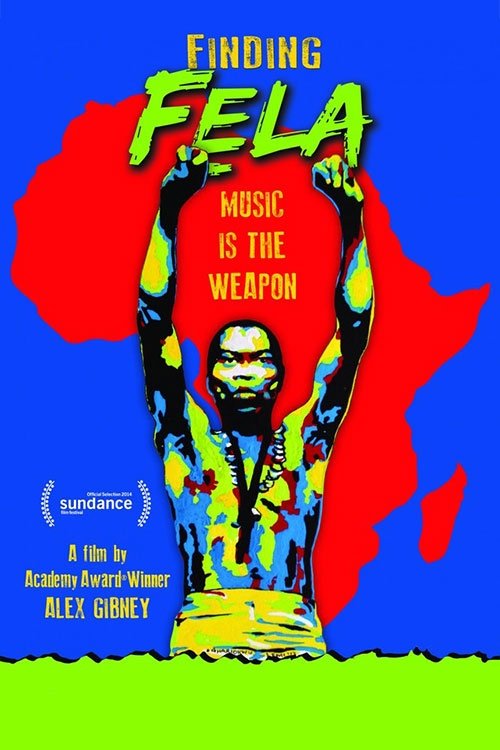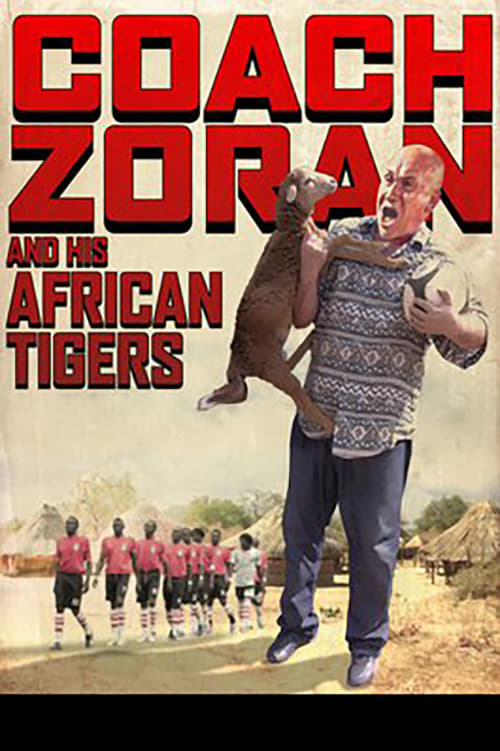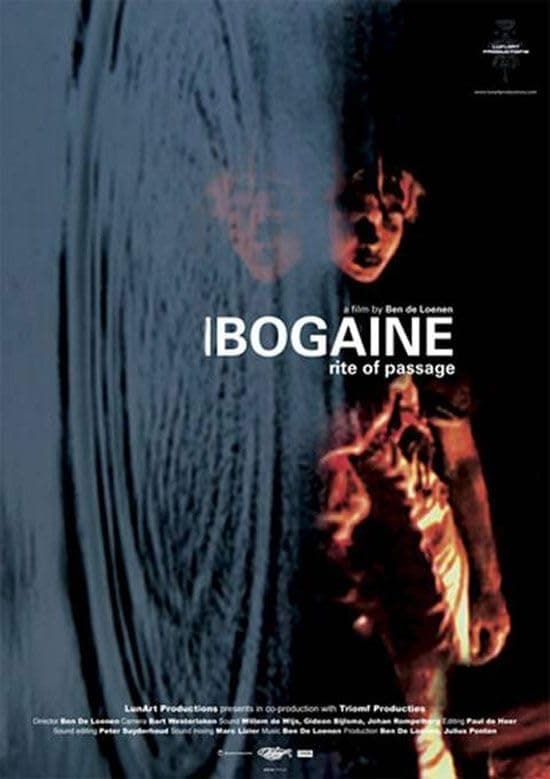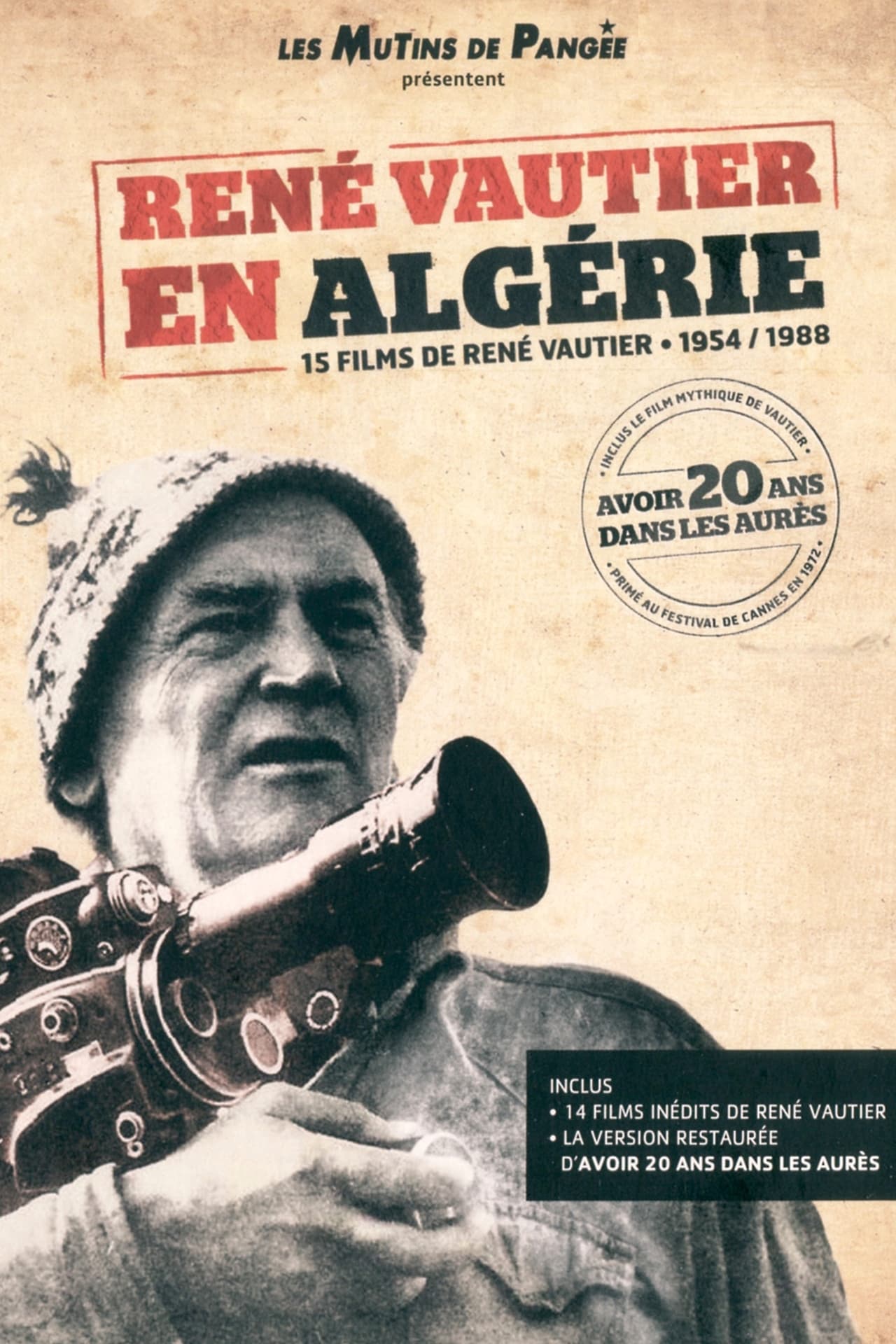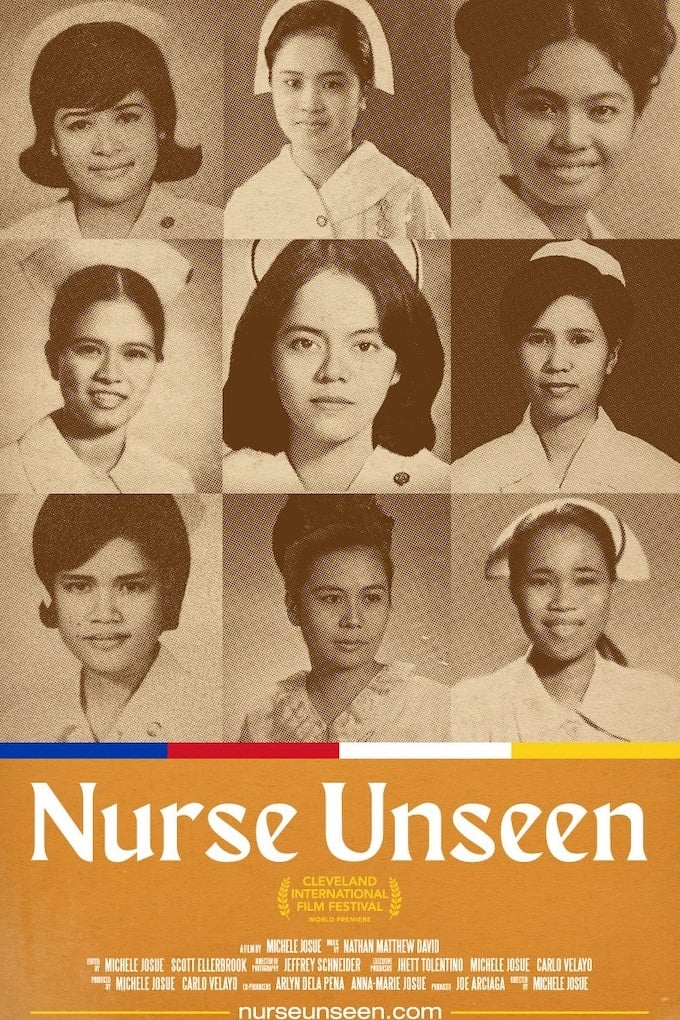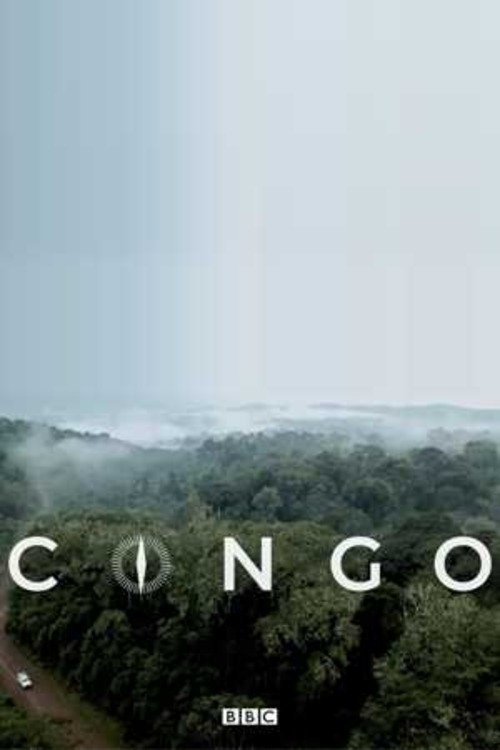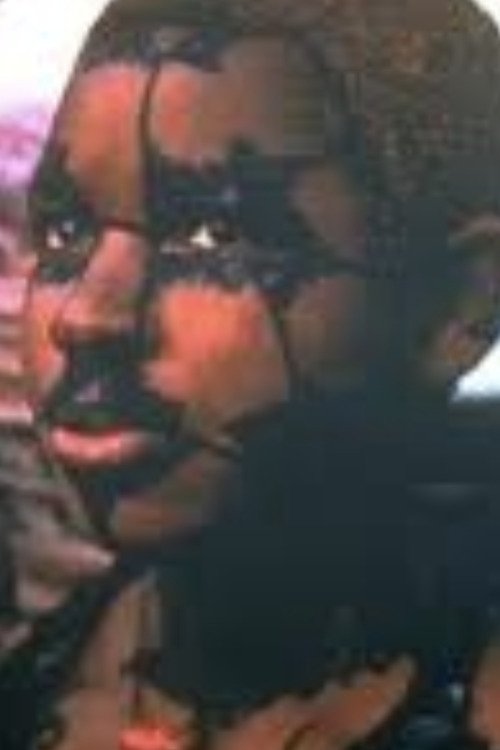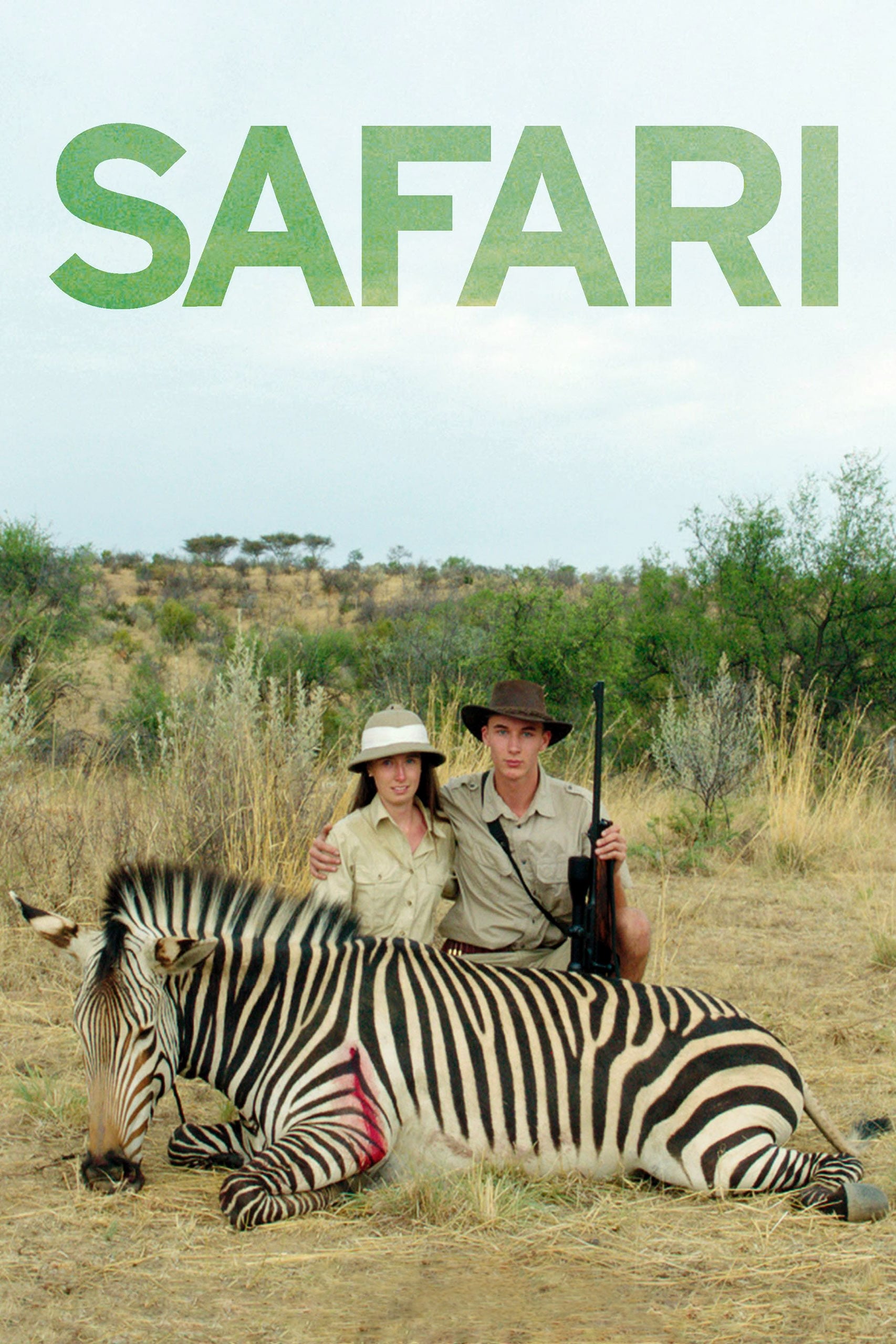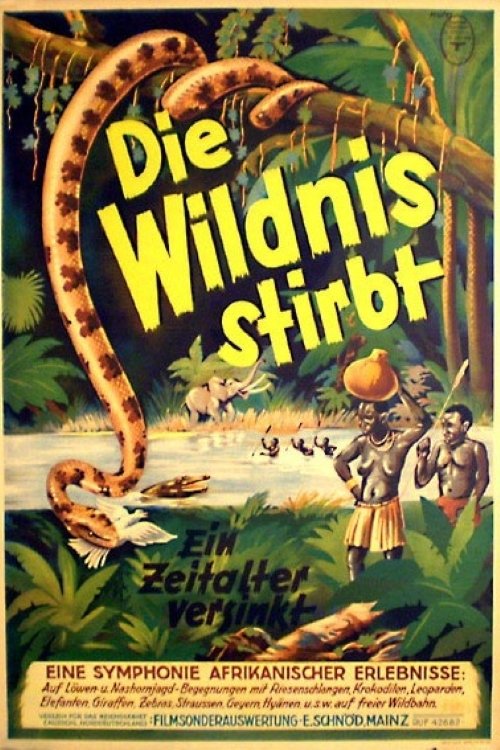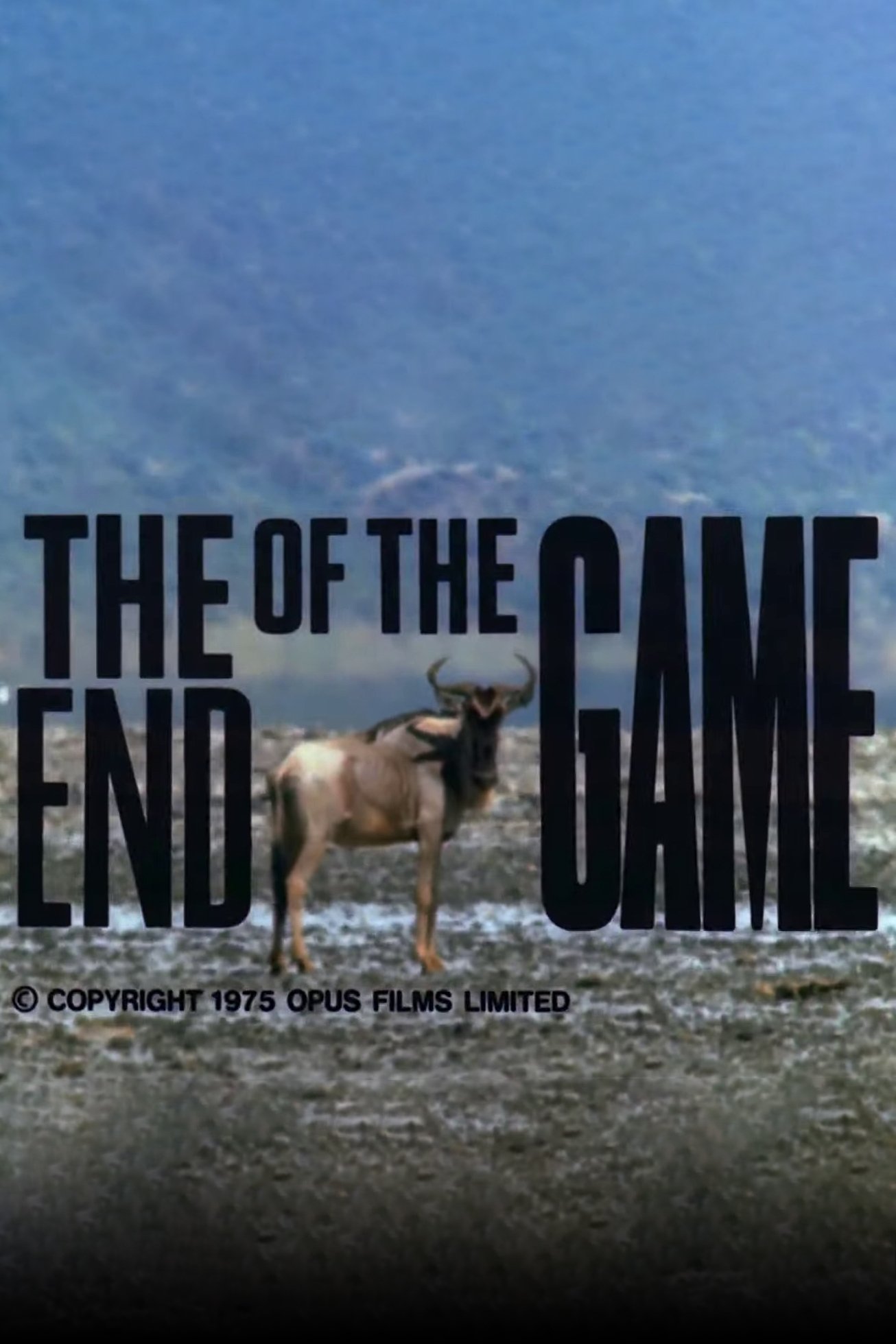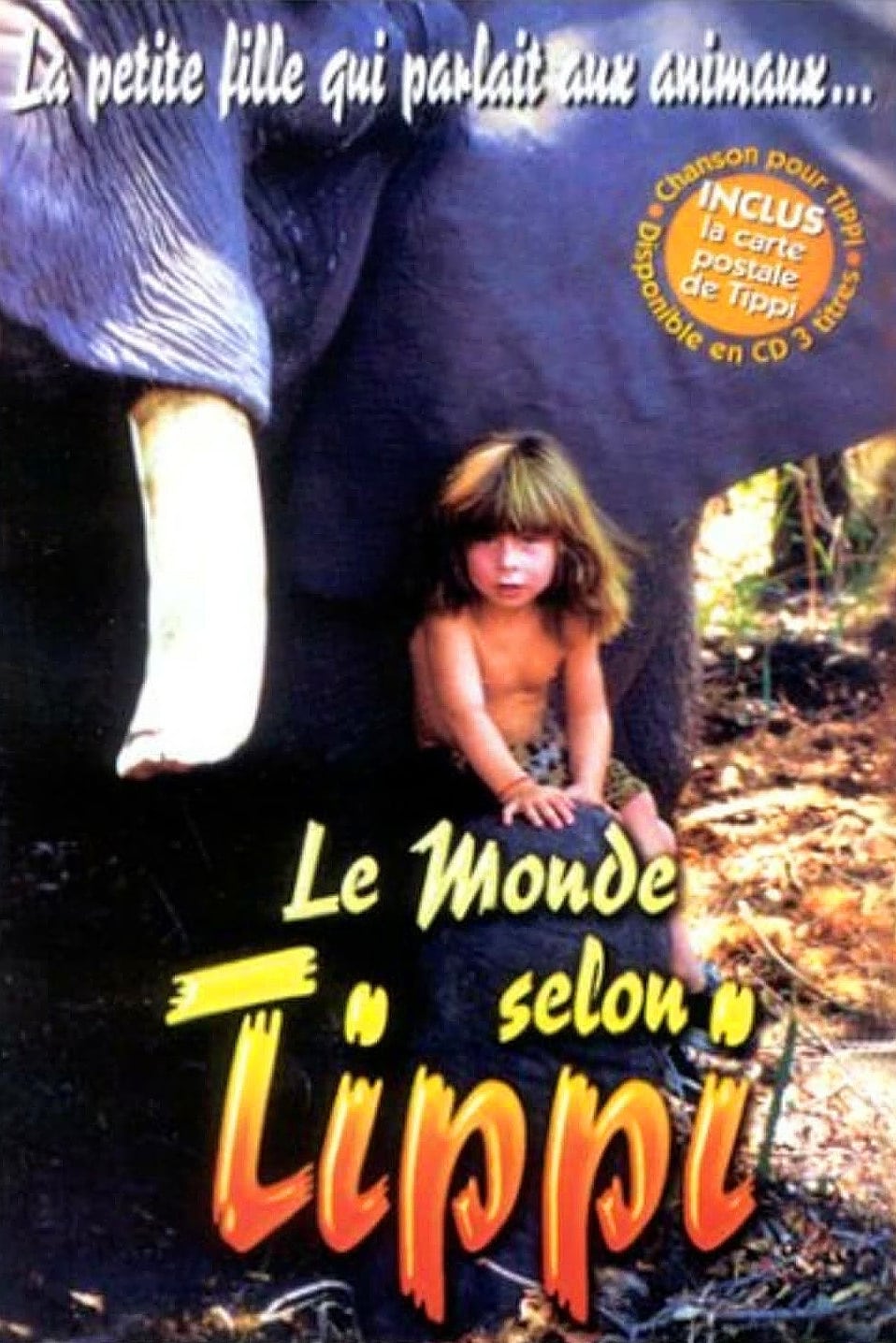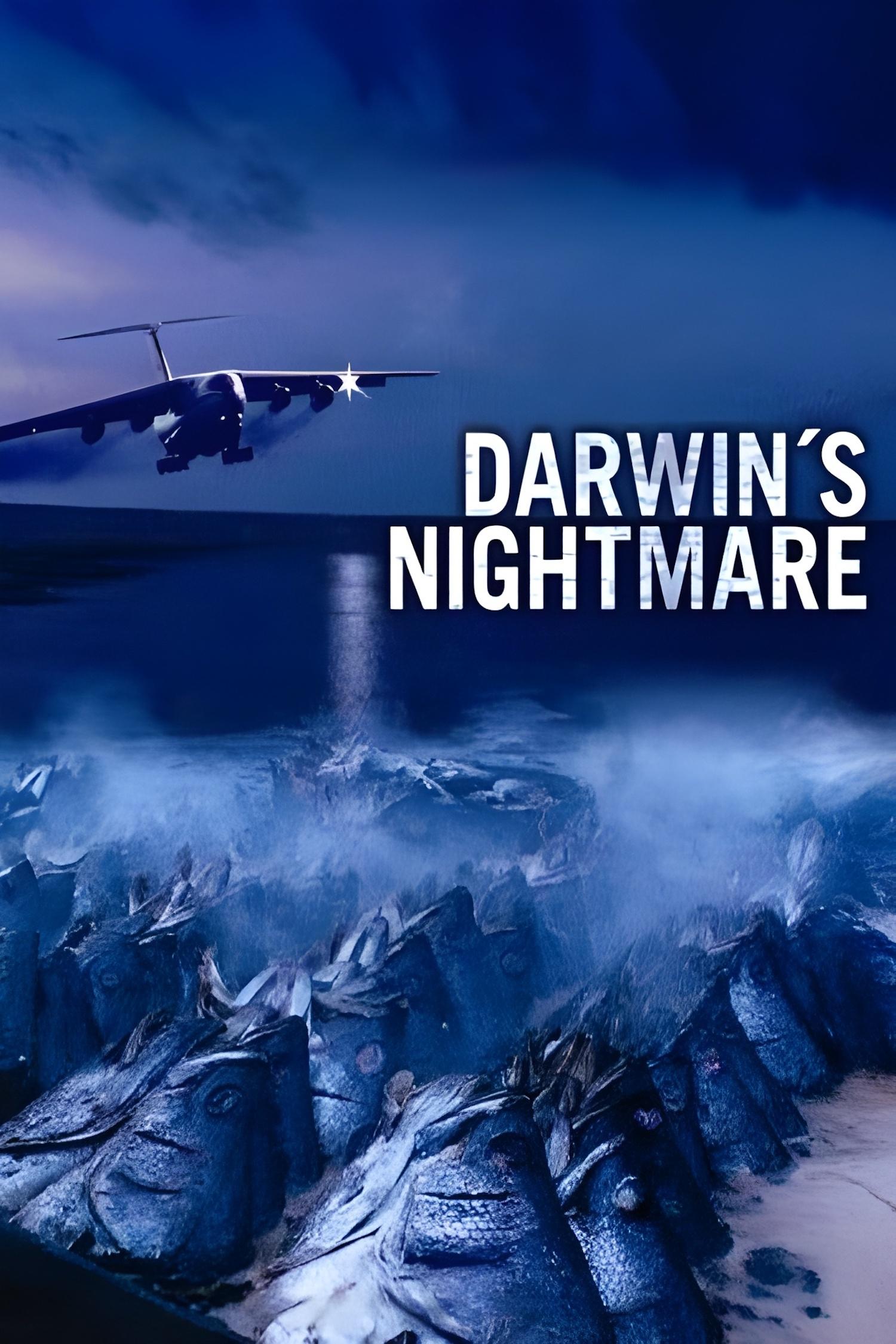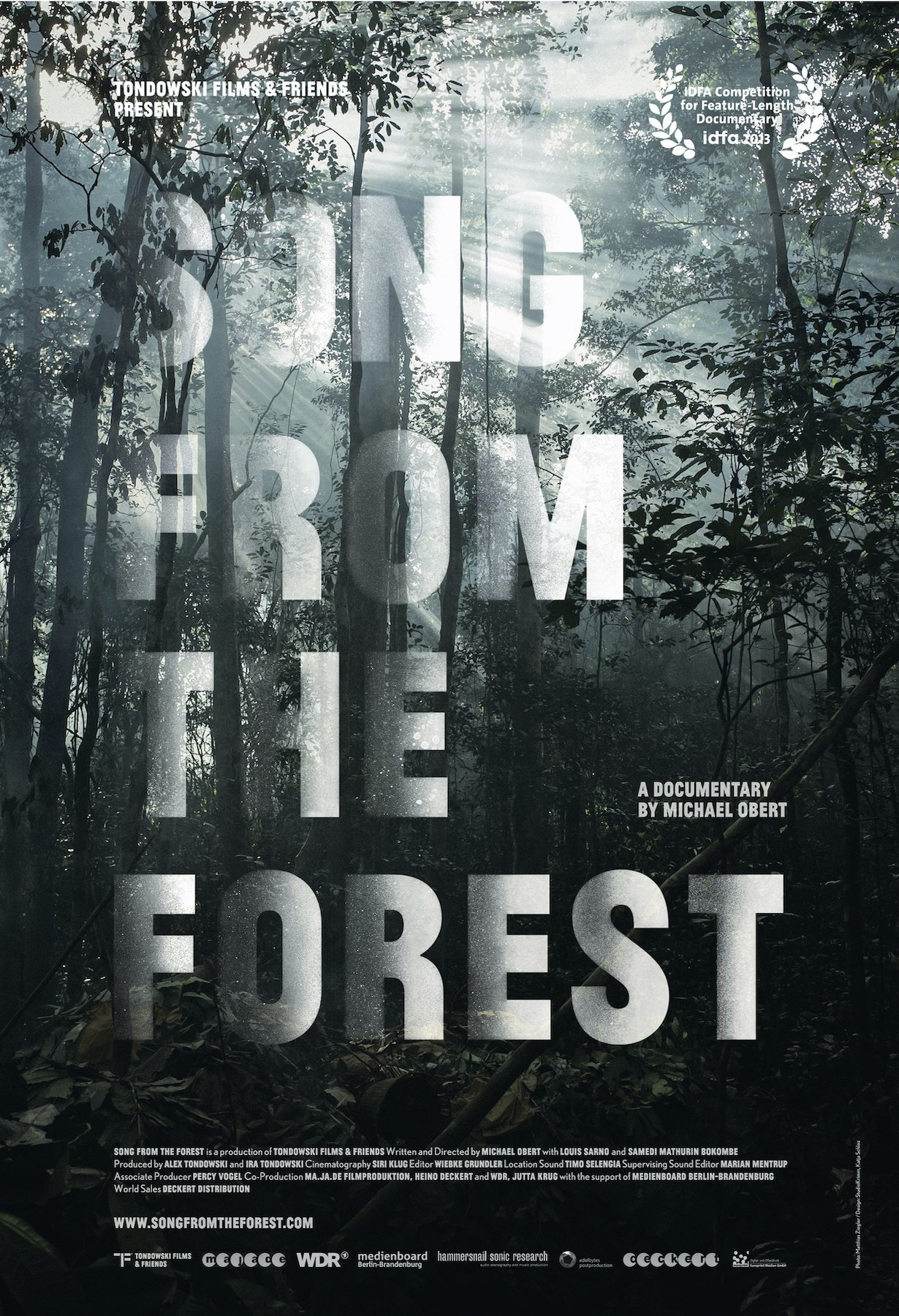That Our Children Would Not Die (1978)
Overview
A 1978 documentary about healthcare services in five locations in Nigeria.
Production Companies
Additional Info
| Budget | $0.00 |
|---|---|
| Revenue | $0.00 |
| Original Language | en |
| Popularity | 0.344 |
Directed By
Joyce Chopra
Crew
Joyce Chopra
TOP CAST
Similar Movies
Finding Fela
Fela Anikulapo Kuti created the musical movement Afrobeat and used it as a political forum to oppose the Nigerian dictatorship and advocate for the rights of oppressed people. This is the story of his life, music, and political importance.
Coach Zoran and His African Tigers
Documentary following Serbian football coach Zoran Đorđević as he helps form South Sudan's first national football team.
Ibogaine: Rite of Passage
Ibogaine is a plant extract that stops drug addiction. In this documentary, a 34-year-old heroin addict undergoes ibogaine therapy with Dr Martin Polanco at the Ibogaine Association, a clinic in Rosarito, Mexico. In Gabon, where use of the iboga root is traditional, a Babongo woman's tribe uses the plant to help her recover from a depressive malaise. Director Benjamin De Loenen interviews people formerly addicted to heroin, cocaine, and methamphetamine, who share their perspectives about ibogaine treatment.
When We Were Kings
It's 1974. Muhammad Ali is 32 and thought by many to be past his prime. George Foreman is ten years younger and the heavyweight champion of the world. Promoter Don King wants to make a name for himself and offers both fighters five million dollars apiece to fight one another, and when they accept, King has only to come up with the money. He finds a willing backer in Mobutu Sese Suko, the dictator of Zaire, and the "Rumble in the Jungle" is set, including a musical festival featuring some of America's top black performers, like James Brown and B.B. King.
Déjà le sang de mai ensemençait novembre
The essay by René Vautier, "Déjà le sang de Mai ensemençait Novembre", starts with the recapitulation of the representations of Algeria throughout the history of visual arts in France in an effort to explore the causes for the quest for independence.
Nurse Unseen
Explores the little-known history and humanity of the unsung Filipino nurses risking their lives on the front lines of a pandemic, thousands of miles from home.
The Panafrican Festival in Algiers
Festival panafricain d'Alger is a documentary by William Klein of the music and dance festival held 40 years ago in the streets and in venues all across Algiers. Klein follows the preparations, the rehearsals, the concerts… He blends images of interviews made to writers and advocates of the freedom movements with stock images, thus allowing him to touch on such matters as colonialism, neocolonialism, colonial exploitation, the struggles and battles of the revolutionary movements for Independence.
Si-Gueriki, Queen Mother
Si-Gueriki is the story of the confrontation of a young man with his history, his roots and culture.
Congo: A Journey to the Heart of Africa
The Democratic Republic of the Congo is a vast, mineral rich country the size of Western Europe. Alastair Leithead takes an epic journey from the Atlantic Ocean to the far reaches of the Congo river to explore how history has shaped the Congo of today and uncover the lesser told stories of this beautiful, if troubled country. In the largest rainforest outside of the Amazon he comes face to face with its gorillas and hunts with pygmies, he travels into the heart of the Ebola outbreak with United Nations peacekeepers, and explores the cobalt mines which will drive our electric cars of the future.
Monday's Girls
"Monday's Girls" explores the conflict between modern individualism and traditional communities in today's Africa through the eyes of two young Waikiriki women from the Niger delta. Although both come from leading families in the same large island town, Florence looks at the iria women's initiation ceremony as an honor, while Azikiwe, who has lived in the city for ten years, sees it as an indignity.
Safari
Africa. In the wild expanses, where bush-bucks, impalas, zebras, gnus and other creatures graze by the thousands, they are on holiday. German and Austrian hunting tourists drive through the bush, lie in wait, stalk their prey. They shoot, sob with excitement and pose before the animals they have bagged. A vacation movie about killing, a movie about human nature.
Die Wildnis stirbt!
A reportage cross-cutting film about the development of Africa from 1900-1936, using archive footage and film material from earlier African expeditions.
The End of the Game
An intimate view of the panorama of African wildlife, giving a sense of what it is really like to be there, and in a dramatic climax makes a poignant plea for conservation. Filmed in Zaire, Kenya and Tanzania, the film takes the viewer from deep inside an anthill, to the majestic giraffes suckling their young. African storms, dung beetle ritual dances, duels for supremacy, feeding time, and playtime all end as the animals disappear one by one while the sound of a rifle shatters the existing magic of life. Winner of the Academy Award for Documentary Short Subject, 1976.
The World According to Tippi
Tippi is no ordinary child. She believes that she has the gift of talking to animals and that they are like brothers to her. 'I speak to them with my mind, or through my eyes, my heart or my soul, and I see that they understand and answer me.' Tippi is the daughter of French filmmakers and wildlife photographers, Alain Degre and Sylvie Robert, who have captured her on film with some of Africa's most beautiful and dangerous animals. Tippi shares her thoughts and wisdom on Africa, its people and the animals she has come to know and love. Often her wisdom is beyond her years, and her innocence and obvious rapport with the animals is both fascinating and charming.
Darwin's Nightmare
Africa in the sixties. The Nile perch, a ravenous predator, is introduced into Lake Victoria as a scientific experiment, causing the extinction of many native species. Its meat is exported everywhere in exchange for weapons, creating a globalized evil alliance on the lake shores. An infernal nightmare in the real world that wipes out Darwin's Theory of Evolution.
White Man with Black Bread
Christof Wackernagel, best known in Germany as an actor and former member of the Red Army Faction ("RAF") lives in Mali. In his compelling portrait, Jonas Grosch shows a man who simply cannot stand still if he senses injustice. The courage to stand up for one’s beliefs coupled with vanity? However one chooses to look at it, it is easy to imagine what made him connect with the "RAF". With his irrepressible will for freedom, Christof Wackernagel gets entangled in the horrors of day-to-day life in Africa.
A Pandemic: Away from the Motherland
As the Pandemic breaks, 5 doctors in the USA treat COVID-19 patients away from their Motherland. An emotional journey of healthcare workers and their families with unfiltered content from their personal lives shot entirely during the lockdown.
Song from the Forest
25 years ago, Louis Sarno, an American, heard a song on the radio and followed its melody into the Central Africa Jungle and stayed. He than recorded over 1000 hours of original BaAka music. Now he is part of the BaAka community and raises his pygmy son, Samedi. Fulfilling an old promise, Louis takes Samedi to America. On this journey Louis realizes he is not part of this globalized world anymore but globalization has also arrived in the rainforest. The BaAka depend on Louis for their survival. Father and son return to the melodies of the jungle but the question remains: How much longer will the songs of the forest be heard?
Memory Books
In Uganda, AIDS-infected mothers have begun writing what they call Memory Books for their children. Aware of the illness, it is a way for the family to come to terms with the inevitable death that it faces. Hopelessness and desperation are confronted through the collaborative effort of remembering and recording, a process that inspires unexpected strength and even solace in the face of death.
